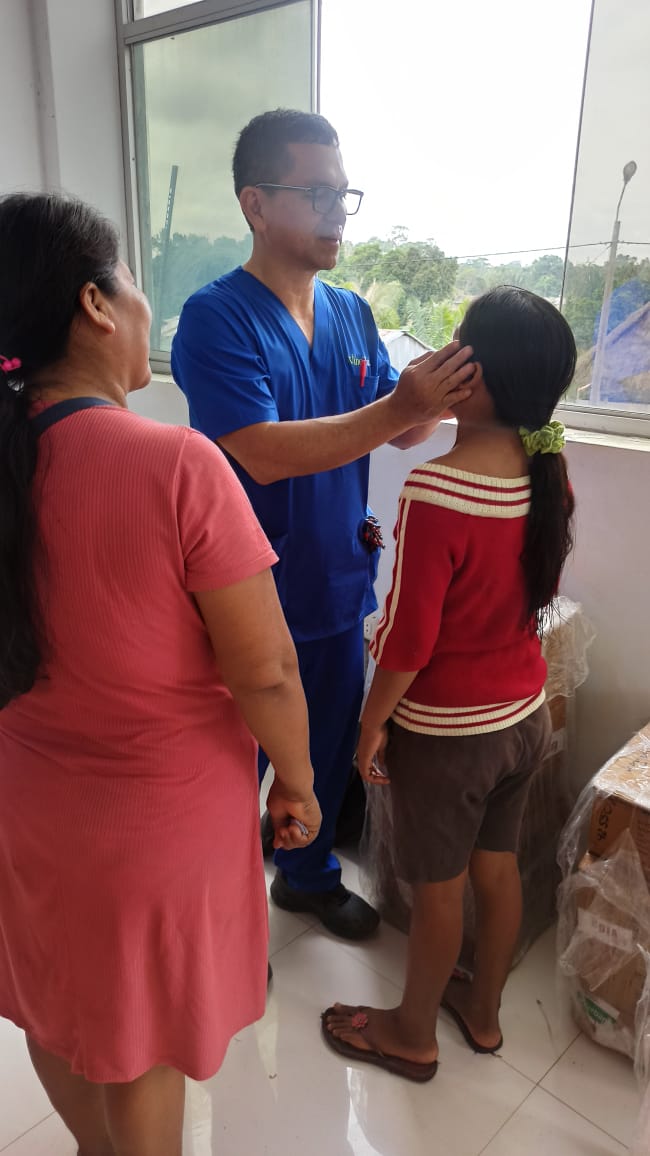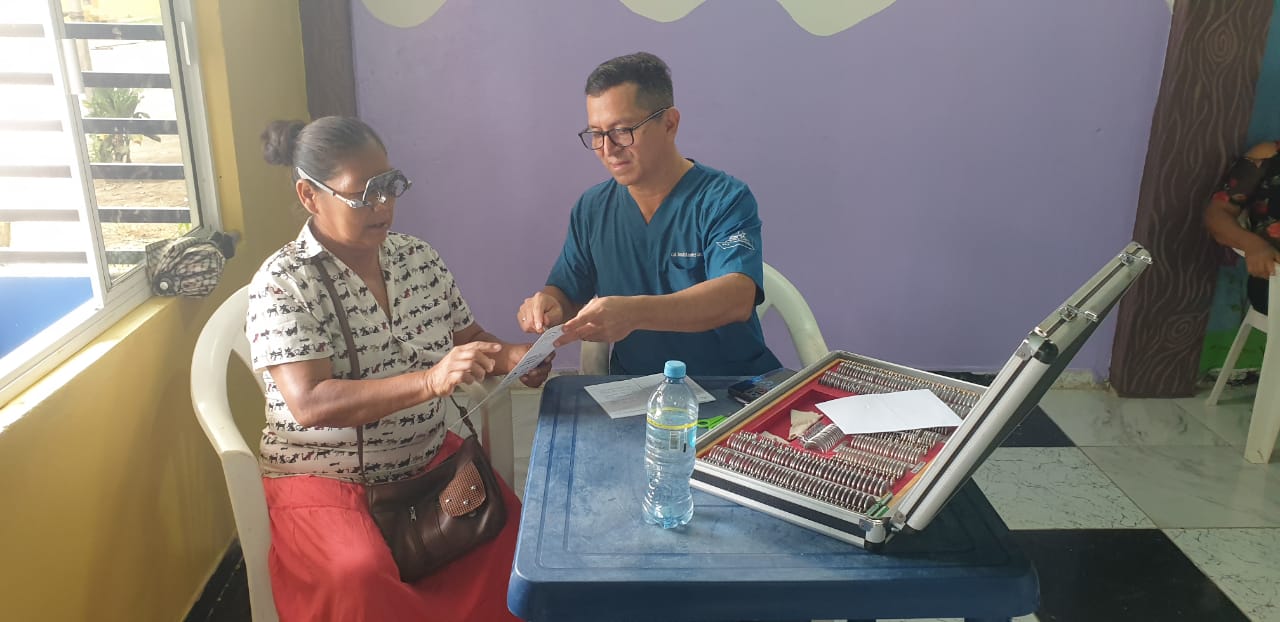Hope Reaches The Borders
Poverty and exclusion in Peru are very big problems. These situations are worse in rural areas, even more so in the Amazon (accessible only by river) and greater still in border areas (the furthest from the capitals and basic services). Thus, the Amazonian communities on the borders are among the poorest and most excluded that exist.
Among these communities are Alanza Cristiana - Andoas and Santa Rosa. The Andoas district is located in a very remote area of Loreto that reaches the border with Ecuador and has a predominantly indigenous population. For a long time, this area was forgotten by the authorities until its creation as a district in 2005, but to this day it lacks many services and suffers the consequences of being so far from the capital city.
The community of Santa Rosa, a border town with Colombia and Brazil, has an indigenous population of the Ticuna ethnic group and is located in a strategic area for border surveillance. However, access to basic services such as health is limited and the population has to cross the border to Leticia (Colombia) and Tabatinga (Brazil), whose services and infrastructure are better. Added to this is the problem of drug trafficking that drags young people not only into consumption but also into trafficking.
It is very difficult to reach these areas with our clinical boats due to the long distances (many days of navigation) and the small size of the rivers that make access impossible. Given this, we decided to go another way.
To get to Andoas, the team took a small plane from Iquitos to San Lorenzo and then a small boat for 12 hours to the Alianza Cristiana community. A very long and difficult journey but carried out with great pleasure and commitment. To get to Santa Rosa you must take a 10-hour speedboat from Iquitos, traveling through the Amazon to the triple border (Peru, Colombia, Brazil).
In these communities, medical consultations, vision measurements, delivery of glasses, delivery of medications, and workshops to promote healthy habits were carried out. All this was done thanks to the support of the Andoas authorities and institutions such as the Loreto Rotary Club, the NGO Good Friends and the MEPI (Evangelical Pentecostal Movement of Iquitos).
Many people received various health services and showed their gratitude, whether with words (in Spanish and their native languages), smiles, or a simple look of relief. In Andoas one of the authorities gave our Medical Manager a typical necklace from the area as a thank you.
This experience also leaves us with important lessons: look for new ways to reach new places, the importance of getting to the furthest places in borders, where few travel to, and doing so with the support of authorities and institutions committed to the development of communities. And we will continue to carry out these campaigns where it is needed most.

